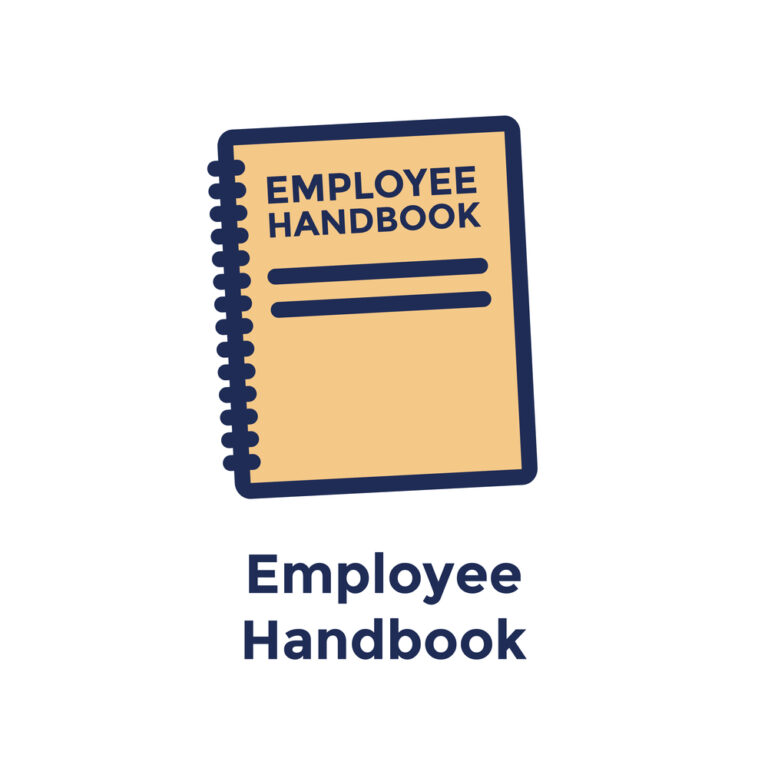Recently, Walmart appealed a judgment, for violations of California’s wage statement and meal break laws, to the Ninth Circuit Court of Appeal. The judgment appealed was for $102 million dollars – comprised of $48 million in statutory damages and $52 million in civil penalties under the Private Attorneys General Act (also known as “PAGA”). For those unfamiliar with PAGA, PAGA resembles a class action lawsuit and authorizes “aggrieved employees” to file a lawsuit to recover civil penalties on behalf of themselves, other employees, and the State of California for Labor Code Violations.
On appeal, the U.S. Court of Appeals for the Ninth Circuit reversed the $102 million judgment. The key take always from that opinion, which employers should be aware of, are: 1) an employee does not have the standing to bring PAGA claims in federal court for alleged Labor Code violations that the employee themselves did not suffer (which is currently in conflict with state caselaw) and 2) an employer may make a lump-sum payment as a retroactive adjudgment to employees’ overtime rate to factor in bonus payments with identifying a corresponding “hourly rate” for the payment on employees’ wages”. These holdings are a welcome reprieve for California employers and should impact an employer’s strategic decisions if faced with a PAGA lawsuit.
If you have recently received a Demand letter alleging violations pursuant to PAGA and/or you want to review your employment practices and policies to prevent a lawsuit pursuant to PAGA, please contact the Employer Lawyers at Chauvel & Glatt.
This material in this article, provided by Chauvel & Glatt, is designed to provide informative and current information as of the date of the post. It should not be considered, nor is it intended to constitute legal advice. For information on your particular circumstances, please contact Chauvel & Glatt at 650-573-9500. (photo credit: 123rf.com)





